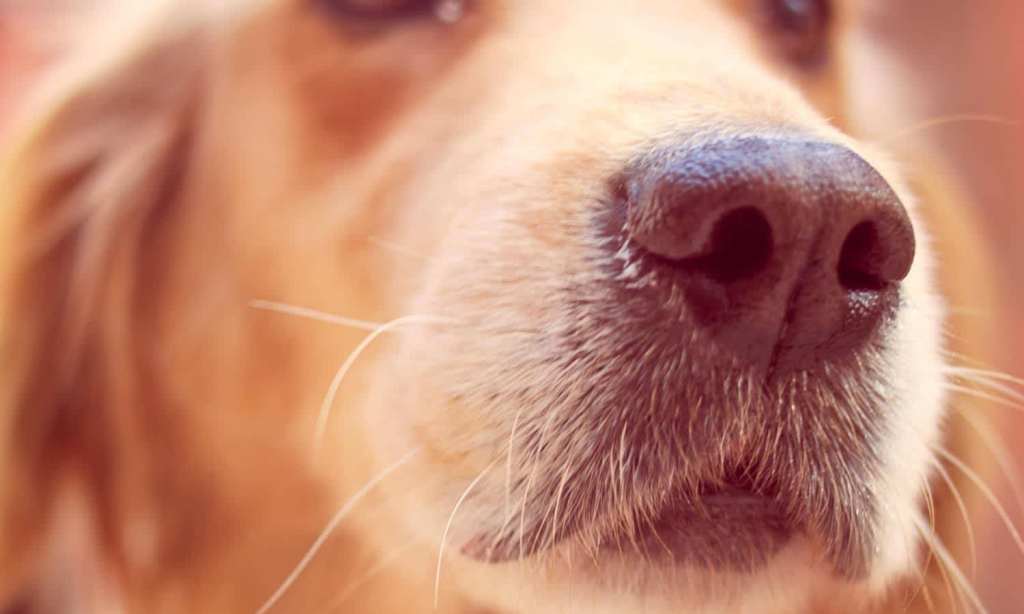Research conducted in Paris has studied whether dogs who have been trained to detect bombs and drugs could also sniff out disease in humans — specifically a disease like COVID-19.
Early outcomes from The Nosais Project, conducted by Professor Dominique Grandjean and Clothilde Lecoq from the Alfort Veterinary School in France, are looking positive, says 7NEWS.
Across the pond in the United Kingdom, a team of researchers are also evaluating whether dogs who are trained to detect infections and diseases like malaria, Parkinson’s disease and cancer can do the same for coronavirus.
In fact, the UK Government has given the research team over £500,000 (more than AU$900,000) to put towards the research, CNN Travel has reported. The trial is still in its preliminary stages, with six dogs being recruited. Dubbed “The Super Six”, the dogs are either labradors or cocker spaniels.
Scientists are hopeful that dogs will be able to sniff out COVID-19 in people, even with those who aren’t presenting symptoms and should be able to tell by a person’s sweat.
Researchers from the Alfort Veterinary School study have used sweat swabs taken from the armpits of people infected with coronavirus while they were in hospital. The dogs were able to detect the infection via the sweat with a success rate close to 100%.
“Dog detection could be used as a screening method,” Dr Anne-Lise Chaber, from the University of Adelaide’s School of Animal and Veterinary Sciences, told 7NEWS.
“Either people could have swabs collected from under their arms, or the dogs could be used in airports, in hospitals. At the moment hospital staff are having their temperatures checked as they walk in, but that’s not always 100 per cent accurate.
“We’re not proposing that the detector dogs would replace current tests, but they could certainly supplement them and you can get an immediate result.”
Melbourne-based organisation Detector Dogs Australia is collaborating with the University of Adelaide to provide the dogs that are needed for training. Animals from Detector Dogs Australia are usually used across entertainment, mining, oil and gas operations as well as construction and transport.
While all of these studies are still in the early stages, so far, the results look promising.
There’s not much our furry friends can’t do!
Read more stories from TheLatch— and follow us on Facebook.

